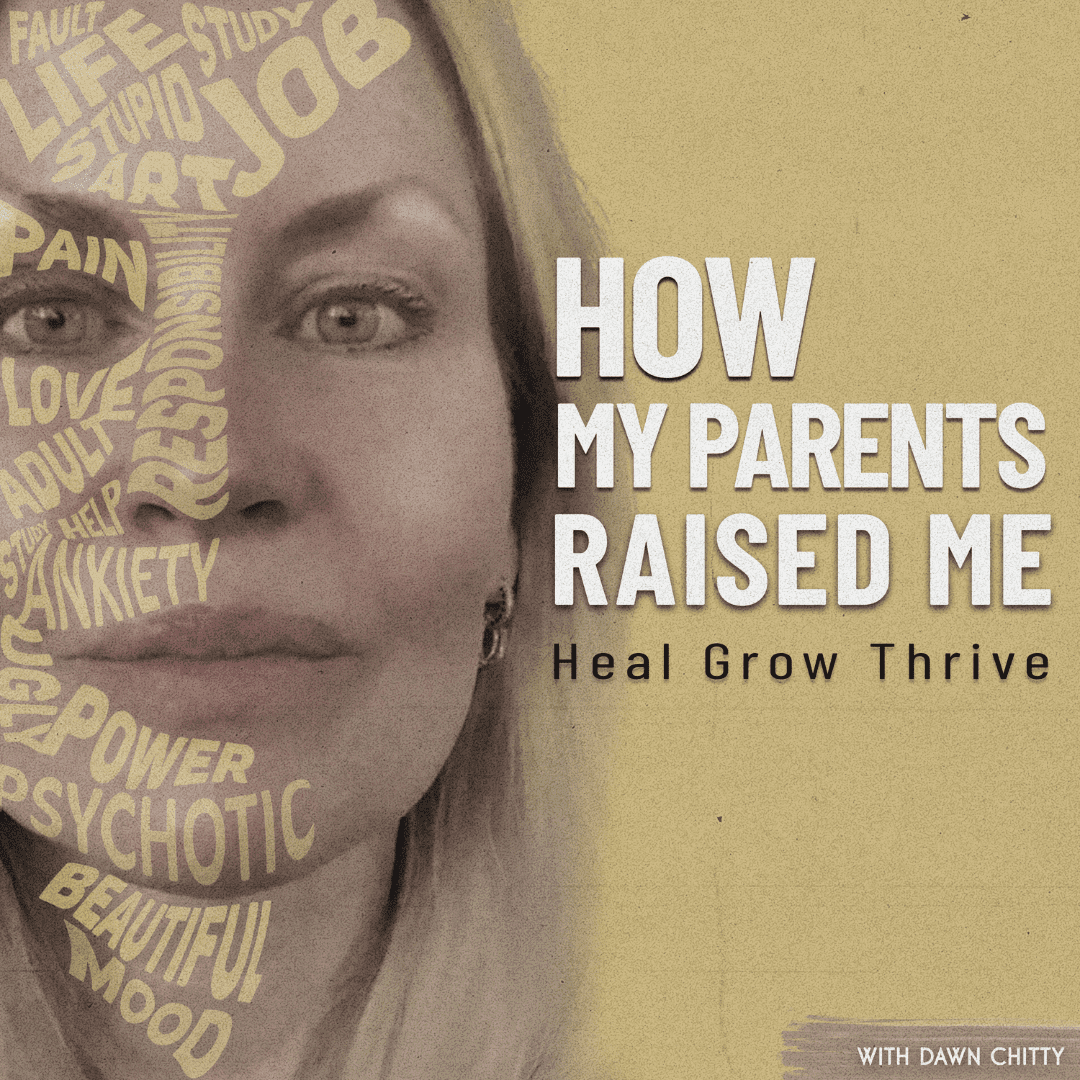Why Can’t I Cry? Unraveling the Mystery Behind Your Tears
What are the reasons you can’t cry? As human beings, our emotions shape the essence of our existence. From deep joy to unbearable sorrow, emotions and feelings intertwine to form the fabric of our lives. Among these emotions, tears have a unique place—a physical manifestation of our innermost feelings. For many, shedding tears acts as a cathartic release, a gateway to healing and emotional freedom. However, for some, tears remain elusive, locked away, unable to be accessed.
In this blog post, I am seeking to understand the reasons behind our inability to cry. My intention is not to dismiss the significance of tears but to delve into the complexity of the human emotional landscape.
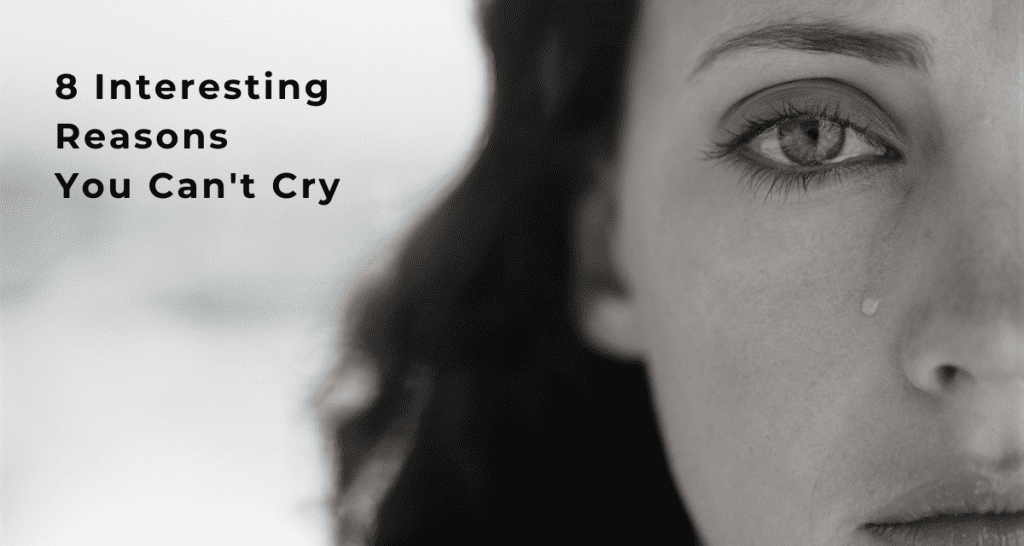
Have you encountered situations that would seemingly trigger an outpouring of emotion in most people, but not for you? From moments of profound sadness to overwhelming happiness, do you remain stoically composed? While society often encourages the expression of emotions as a sign of authenticity and vulnerability, sometimes we are bound by an invisible restraint, leaving tears to be a seemly unattainable emotion.
Is it a defence mechanism built over time to protect ourselves from emotional pain? Or perhaps a result of societal conditioning that expects us to maintain composure in all circumstances?
Throughout this blog post, I invite you to reflect on your own relationship with tears and emotions. Whether you find solace in tears or struggle to access them, this introspection can be a powerful tool for personal growth and empathy.
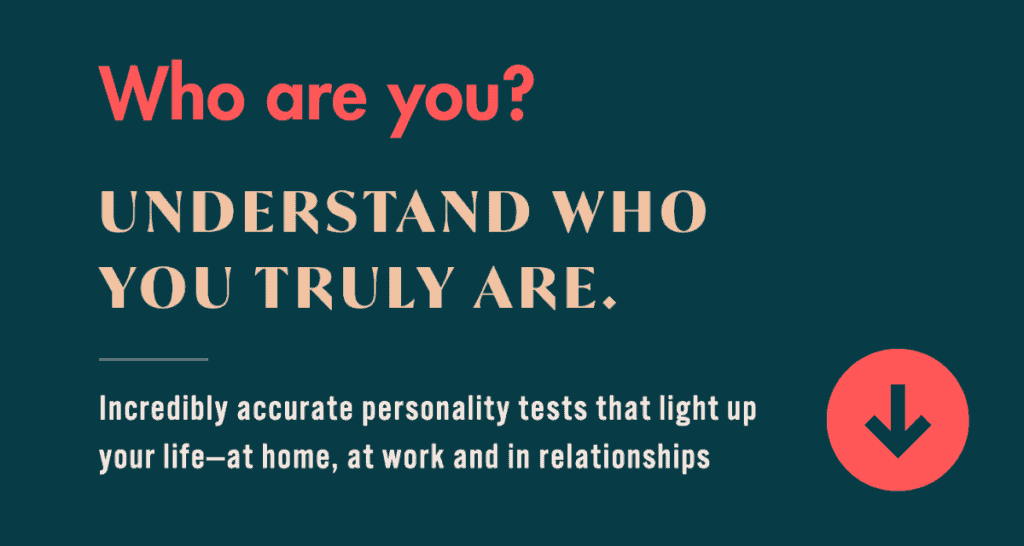
8 Reasons You Can’t Cry
1. Reasons you can’t cry – Emotional Suppression
Some people are taught from a young age to suppress their emotions, leading to a learned behavior of holding back tears as a way to cope with difficult situations or to avoid appearing vulnerable.
2. Reasons You Can’t Cry –
Fear of Vulnerability
Crying is often associated with vulnerability, and some individuals may fear being judged or seen as weak if they show their emotions openly.
3. Reasons You Can’t Cry –
Trauma and PTSD
People Who Have Experienced Trauma Or Have Post-Traumatic Stress Disorder (PTSD) May Find It Challenging To Express Emotions, Including Crying, As A Result Of Their Past Experiences.
4. Reasons You Can’t Cry -Emotional Numbness
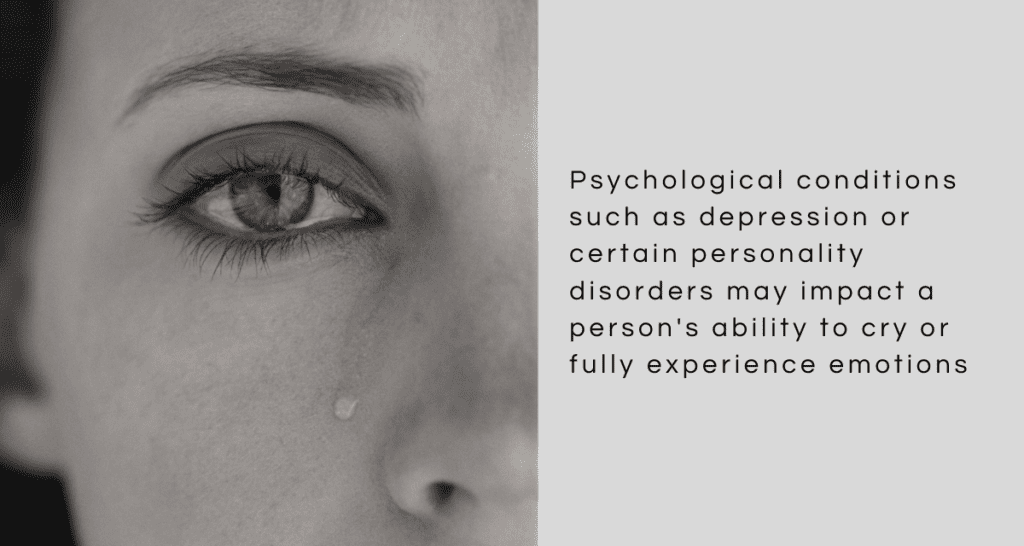
5. Reasons You Can’t Cry –Conditioning and Social Norms
Cultural and societal norms can influence how individuals express emotions, and in some cultures, crying may be discouraged or seen as inappropriate in certain settings.
6. Reasons You Can’t Cry –Coping Mechanisms
Some individuals develop alternative coping mechanisms, such as internalizing emotions or engaging in other activities, which may prevent them from expressing emotions through tears.
7. Reasons You Can’t Cry -Psychological Disorders
Certain psychological conditions, such as depression or certain personality disorders, may impact a person’s ability to cry or experience emotions fully.
8. Reasons You Can’t Cry -Medications
Certain medications, particularly those affecting mood or emotions, may influence a person’s ability to cry or alter their emotional responses.
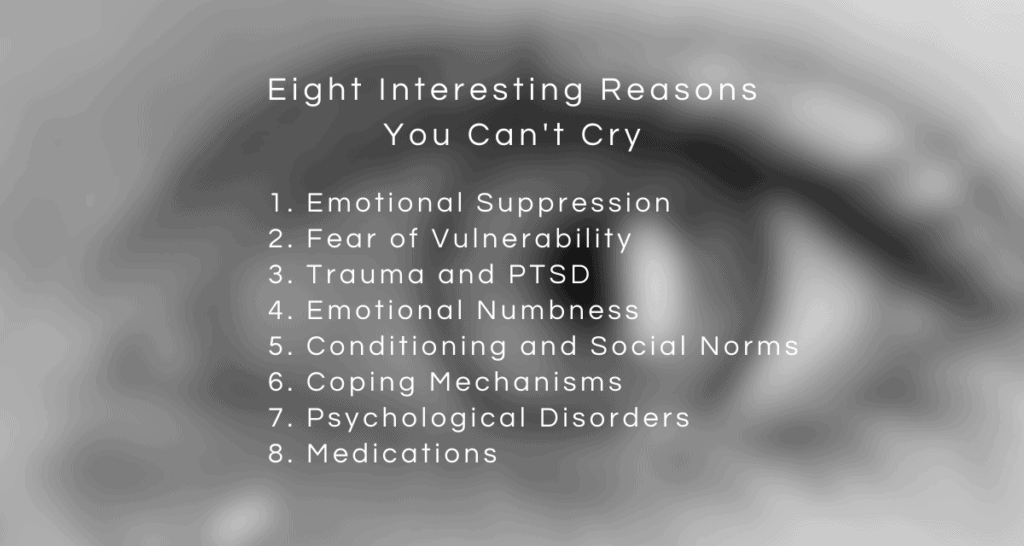
It is important to note that the inability to cry is not inherently good or bad, and everyone’s emotional expression varies. If difficulty in crying causes distress or interferes with daily life, seeking support from a mental health professional or counsellor can be beneficial in understanding and addressing the underlying reasons behind it.
Additionally, developing healthy coping mechanisms and emotional regulation skills can help you navigate your emotions more effectively. The reasons behind your emotional barriers are multifaceted and unique to your own experiences.
Emotional suppression, learned behaviors, and societal norms play a significant role in your inability to shed tears. Growing up, we are conditioned to believe that showing vulnerability is a sign of weakness, leading us to develop coping mechanisms that suppress emotions.
Past traumas and experiences may contribute to emotional numbness, making it challenging to connect with your feelings on a deeper level. The fear of being judged or misunderstood can also play a role in your ability to express yourself openly.
Crying is not a measure of strength or weakness but a natural and healthy response to life’s joys and sorrows. Emotions are an integral part of the human experience, and denying yourself the release that tears can bring can limit your ability to fully embrace the spectrum of feelings that make us human.
As you move forward, commit to embracing vulnerability and allow yourself to feel and express your emotions authentically. While it may take time to unlearn old patterns and dismantle emotional barriers, this process of self-discovery will lead to a more enriched and fulfilling emotional life.
Seek support and guidance from loved ones or mental health professionals. By doing so, you can gain the tools to navigate your emotions more effectively and develop healthy coping mechanisms that promote emotional well-being.
I encourage you to embark on a journey of self-discovery. Emotions are not a sign of weakness; they are a testament to our humanity. May we all find the courage to embrace our vulnerabilities and celebrate the beauty of our unique selves. Let us remember that in tears, we find healing, compassion, and a deeper connection to ourselves and others.
